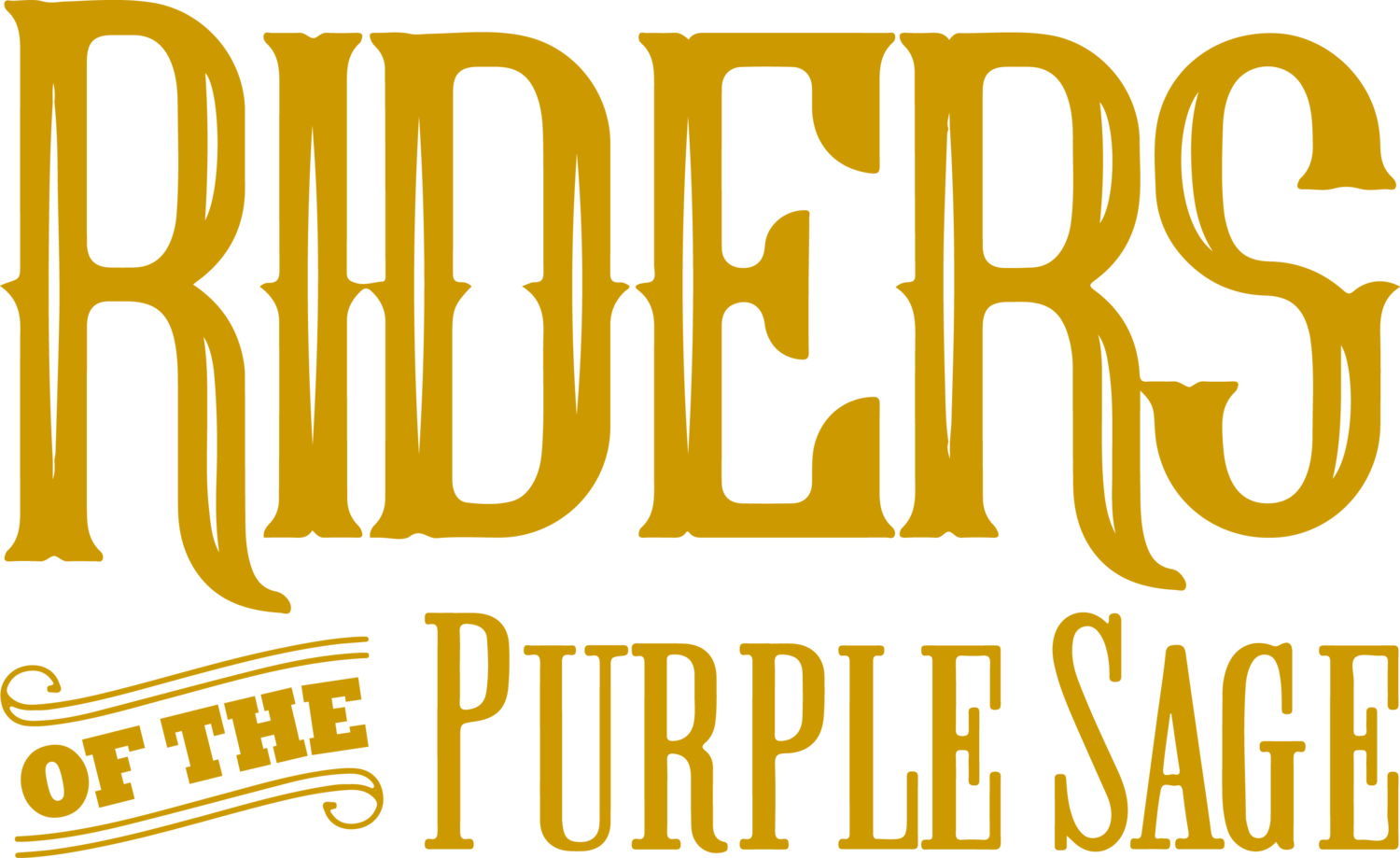The Republic
“Riders of the Purple Sage” is a brand-new opera — the first world premiere in Arizona Opera’s 45-year history — but it feels as familiar as could be.
Partly that’s the source material. Zane Grey’s 1912 novel isn’t just a pulp-fiction classic, it is the prototype for the Western genre writ large, telling the story of a lone gunman who stands up to thuggish forces on the American frontier.
“Sometimes you gotta kill a man,” sings the black-clad Lassiter, in a pithy expression of the Wild West ethos. “Sometimes it’s the only way.”
Set in the red-rock country of southern Utah in 1871, “Riders” is the story of Jane Withersteen, a devout Mormon who runs afoul of church elders for her refusal to marry a man she doesn’t love (and thus to surrender control of her ranch with its life-giving spring and wealth of cattle).
The plot, adapted by librettist Steven Mark Kohn, also boasts cattle rustling, a quest for revenge, and a mysterious Masked Rider. It’s unapologetically melodramatic and action-packed from the get-go.
Scottsdale composer Craig Bohmler taps into the musical tropes of Hollywood Westerns from the opening notes of his prelude, a clarion call of French horns that evokes sweeping landscapes and a drama that won’t take long to reach high dudgeon. Yet his cinematic score, conducted with verve by Joseph Mechavich, also has a very contemporary energy, with flashing violins of the sort that build excitement in the latest “Star Wars” flick.
The nod to the movies extends to this production’s lavish design, with towering buttes and vivid video animations based on the paintings of Arizona artist Ed Mell, whose luminous stylized skyscapes are set in motion on a giant video wall that transforms the concert hall into a grand old moviehouse.
The eye-popping visuals aren’t just icing on the cake; it’s hard to imagine “Riders” packing the same dramatic punch without them. But this engaging production, with stage direction by Fenlon Lamb, is built on sturdy bones: iconic hero-and-villain characters, a suspenseful story and a score that’s studded with soaring, hummable melodies — including one borrowed from the Mormon hymn “Come, Come, Ye Saints.”
On opening night in Tucson, the lead roles of Jane and Lassiter were sung by soprano Karin Wolverton and baritone Morgan Smith, who both deliver memorable arias. Smith plays Lassiter with vintage Clint Eastwood menace as he growls out his provocative maxim, “A man without a gun is only half a man.”
Yet one of the opera’s best moments is a gentle duet as loyal rider Bern Venters (Joshua Dennis) and plucky lass Bess (Amanda Opuszynksi) compare their dreams of a better life. (He wants to return to civilization, while she imagines a new Eden just for the two of them.)
While the story is more than a century old, Kohn’s libretto is current in many of its concerns. Gun culture is one of them. Another is the role of a feminine perspective in a male-dominated power structure. When Elder Tull (Keith Phares) lectures Jane, “We’ve reasoned with you, been patient with you,” it’s hard not to hear an echo of a certain senatorial pronouncement that recently achieved meme status. ("She was warned ...")
The depiction of early Mormon leaders as corrupt and tyrannical may yet prove controversial, even though the libretto takes pains to distinguish between two distinct religious impulses: one fueled by self-righteous anger, the other selfless, calm and pure.
Regardless of any undertones of the current culture wars, however, there’s no denying the edge-of-your-seat energy of a story about underdogs fighting for justice in a cruel world.
“It’s a wild time, Jane, ain’t no mercy in the West,” Lassiter ominously intones in an expression of a quintessentially American mythos — and one that lives up to the opera’s over-the-top dramatic tradition.
